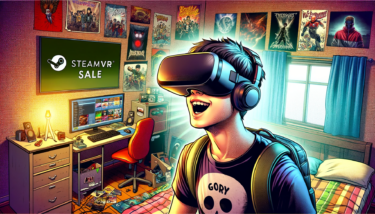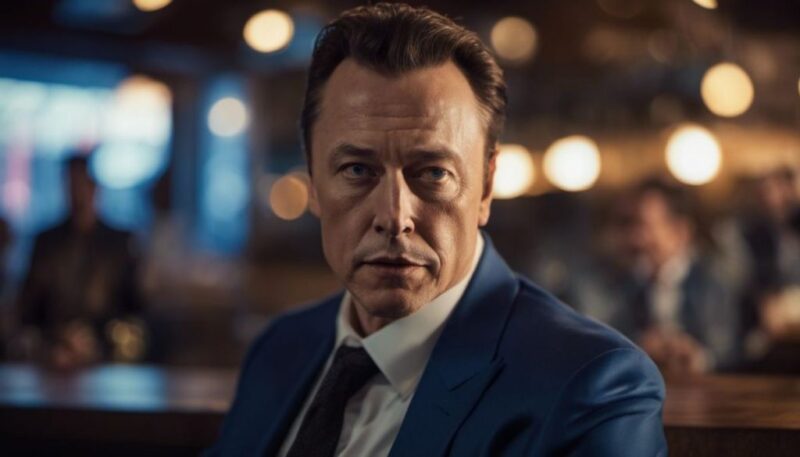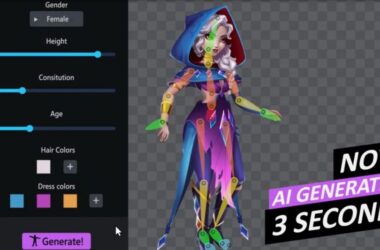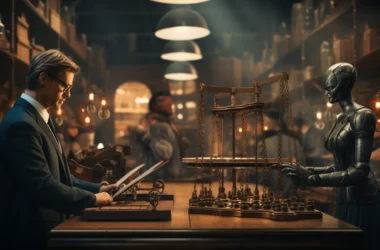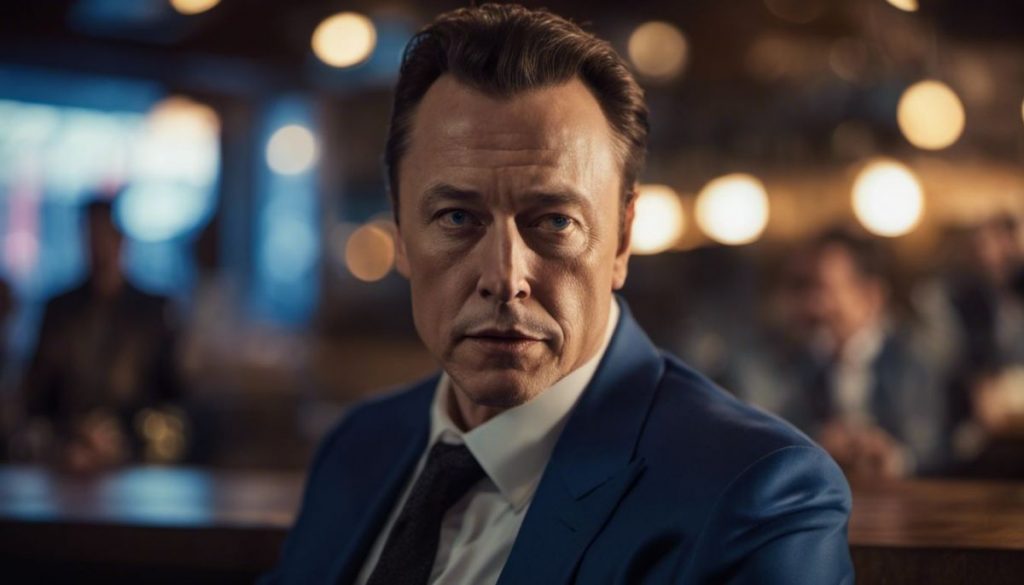
Elon Musk, the visionary entrepreneur known for his ventures in electric cars, space exploration, and more, has been at the forefront of the AI discussion for years. A recent excerpt from an upcoming biography of Musk, penned by Walter Isaacson, delves into the tech titan’s intriguing interactions and disagreements with notable figures in the AI realm, including Google and OpenAI founders.
Musk’s deep dive into the world of artificial intelligence began in earnest in 2012, following a conversation with Demis Hassabis, the co-founder of DeepMind, a company now under Google’s umbrella. Hassabis conveyed to Musk the notion that AI could pose a significant threat to humanity. Musk, swayed by Hassabis’s perspective, went so far as to invest $5 million in DeepMind, demonstrating his early interest in AI’s potential and pitfalls.
After his discussion with Hassabis, Musk sat down with Larry Page, co-founder of Google, to share his concerns about the unchecked advancement of AI. Musk amplified Hassabis’s message, emphasizing the need for rigorous AI control measures. Page, however, seemed less alarmed, suggesting that if machines were to surpass human capabilities, it would merely be another step in the natural course of evolution.
Musk’s surprise escalated when he learned of Google’s intention to acquire DeepMind at the end of 2013. Disturbed by the prospect of Google’s growing influence in the AI domain, Musk made an attempt to halt the deal. His concern about tech giants monopolizing AI innovation led him to co-found OpenAI with Sam Altman. The core principle of OpenAI was to release all developments as open source, counteracting Google’s potential dominance.
Tensions between Musk and Altman reached a breaking point in 2018 when Musk proposed integrating OpenAI into Tesla, an idea that Altman opposed. Altman subsequently took the reins at OpenAI and secured substantial investments from Microsoft.
Undeterred, Musk embarked on his own AI projects. Notable endeavors included the Optimus robot, the Neuralink chip, and the development of the Dojo supercomputer, each aimed at pushing AI boundaries.
In 2023, Musk attempted to regain control of OpenAI, driven by his belief that the future of AI should not rest solely in the hands of Microsoft and Google. Ultimately, the plan fell through, and Musk chose not to become a shareholder in OpenAI.
Musk’s influence over AI extended to Twitter, where he blocked access to Google and Microsoft AI models to prevent them from learning from the platform’s content. Instead, he harnessed Twitter data to train his own algorithms, emphasizing the significance of data control in AI development.
Source: mPost


